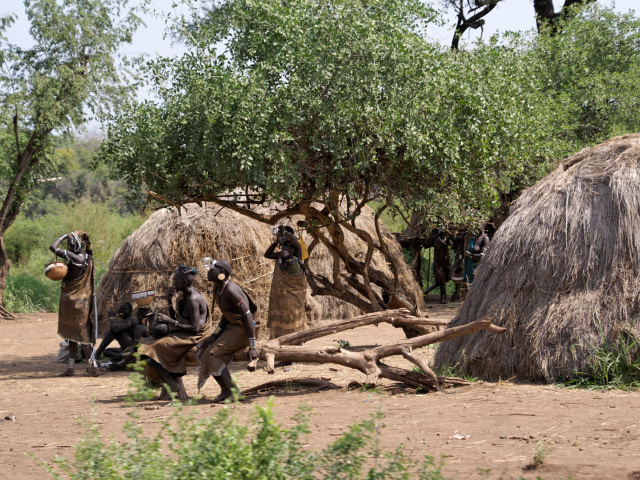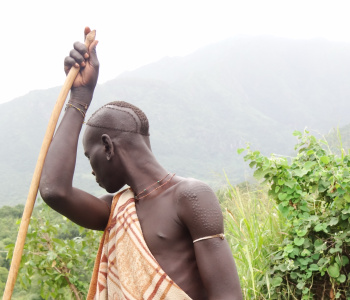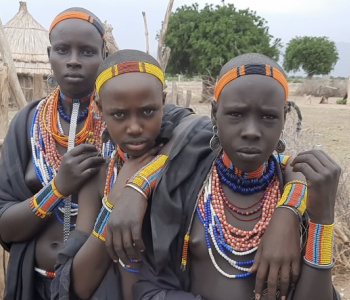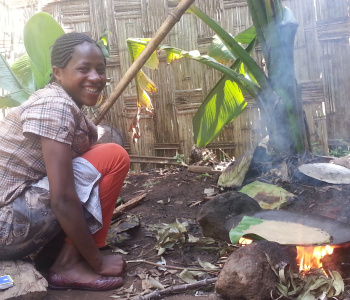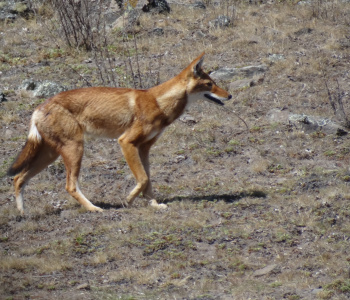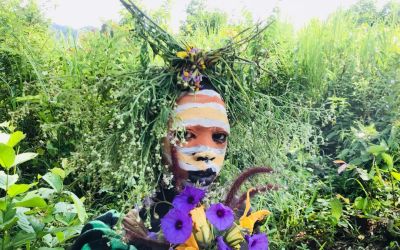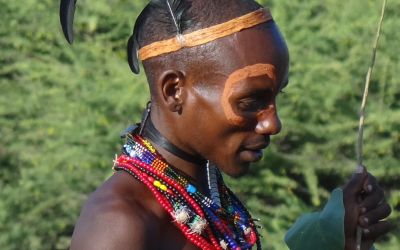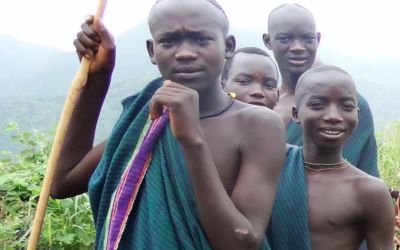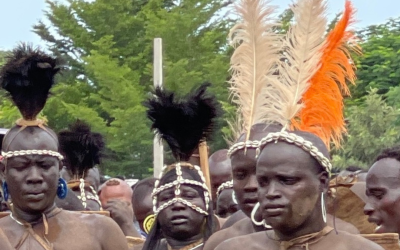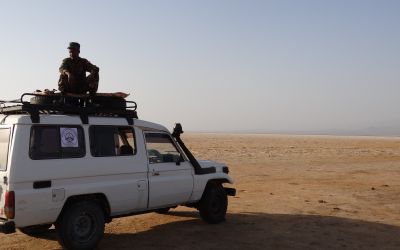Ethnic mosaic of the Omo Valley and Bale Mountains
The Great Rift Valley, an enormous fault in the earth's surface, stretches across Africa, from Mozambique across the Red Sea. In Ethiopia, it is filled with unique wildlife, birds and stunning landscapes, leading from the Alpine Bale Mountains to the Omo Valley which is home to remarkable and contrasting ethnic groups.
The Ethnic Mosaic of the Omo Valley and Bale Mountains trip will take you from endemic mammals in Ethiopia to the people of the Omo.
This circuit combining ethnic groups of the Omo valley and the Bale mountains is a good combination for a good balance between the many peoples and nature.
The Konso, but also the Gelebe, the Bodi, the Mursi, the Surma, the Arbore, the Hamer, the Nyanghatom to name just a few, populate this part of the great Rift.
Each people will introduce you to their ancestral traditions. Indeed, everyone preserves their cultural identity and finds unique ways in the world to express their artistic creations.
Some wear the labre like the Mursi women with trays. Others practice bull jumping to enter adulthood.
It should be noted that the cultural landscapes of the Konso country are included on the UNESCO World Heritage List. This is particularly due to these cultures on stone terraces. Magnificent!
In the Bale, you will discover the Abyssinian wolf and the Nyala evolved in a natural and varied eco-system. The landscapes of the Bale Mountains are exceptional. They combine high plateaus and mountains. The highest point being Tulu Dimtu at 4,377 meters above sea level.
Many species of birds find refuge there. It is not uncommon to find snow on the Sanetti plateau in winter. You can't go to the Bale Mountains without going to the Harena Forest. The very dense forest covers approximately 4,000 km2. One of its particularities is this moss which grows on the tree trunks giving this forest a very mystical appearance.
The main points
- trip combining the ethnic groups of the south and the nature of Bale
- meetings with the people of the Omo Valley
- Bull jumping ceremony among the Hamers
- Endemic species like Mountain Nyalas and Ibex
Arrival at Addis Ababa Bole airport. Welcome by your French-speaking guide. Transfer to your hotel and installation.
Departure for a visit to the National Museum which will be an opportunity to discuss the history of Ethiopia: from the famous Lucy (3.4 million year old humanoid fossil) to the powerful ancient kingdom of Aksum; from the medieval Gondorian kingdoms to the reigns of Emperors Menelik II and Haile Selassie.
Continuation of visits with the Cathedral of the Holy Trinity, one of the largest Orthodox churches in the country and the Mausoleum of Emperor Menelik II in the Bààta Church.
Hotel night
You will take the road to Langano. You will visit the field of Tiya steles: around fifty carefully crafted funerary steles dating from the 14th century. This site has been listed as a UNESCO World Heritage Site since 1980.
If our schedule allows it, continue to the semi-monolithic church of Adadi Mariam, the southernmost in Ethiopia. The church was built between the 12th and 14th centuries in the Lalibela style, then abandoned in the 16th century and rediscovered under Menelik II.
Installation at your hotel on the shores of Lake Langano where you can admire many species of birds, swim or practice some water activities (optional).
Night in a lodge on the banks of Lake Langano
You take the road again and will meet the Dorze on Chencha mountain. This ethnic group is famous for these unique weavings and houses in Ethiopia in the shape of a beehive or elephants depending on your imagination.
The Dorze, an ethnic group from southern Ethiopia, cultivate enset, also called false banana, from which they make flour, widely used for making flatbreads.
You will continue to Arbaminch.
Night in lodge in Arbaminch
This price includes
- The program as described above
- Accommodation Hotel Lodge (double room) according to itinerary
- Full board
- Non-alcoholic drinks (1 mineral water or 1 soda per person with lunch and dinner)
- All transfers
- All entry fees
- Boat on Lake Chamo and canoe on the Omo River
- Toyota Land Cruiser 4X4 vehicle or minibus, fuel and experienced driver
- French speaking guide throughout the trip
- Local guides at all sites
- All government taxes as per itinerary
This price does not include
- The international flight
- Visa fees
- Cancellation/repatriation insurance (optional)
- Telephone, laundry
- Fees for photos and videos and the bull ceremony at the Hamer house (given the random nature of this event)
- Alcoholic drinks
- Tips (luggage, driver, guide, local guides, cook)
- All other personal interests, not included in the price of the trip
Single room supplement: 270.00 euros per person
- 12 days / 10 nights
-
January 6 and 27
Febuary 17
Marc 3 and 17
April 7 and 21
May 5 and 19
June 2 and 6
July 7 and 21
August 4 and 18
September 1er and 15
October 6 and 20
November 3 and 17
December 8 and 22
- Hotels and lodges
-
Transport :

Why travel with us ?
Value for money
Competitive prices while guaranteeing you quality service
Total flexibility
Our accessibility, our diversity of offers and our commitment to offering experiences adapted to each type of traveler
Services
Our careful drivers, passionate guides selected for their good level of French and respect for the values of Aisha Tours Ethiopia
Guarantees
We have all the necessary guarantees to ensure your peace of mind for your trip: Atout France registration, financial guarantees, insurance and traveler insurance.
Without any other intermediary
With our presence in France and Ethiopia, our advantage is to control your trip without delegating it to another service provider.


